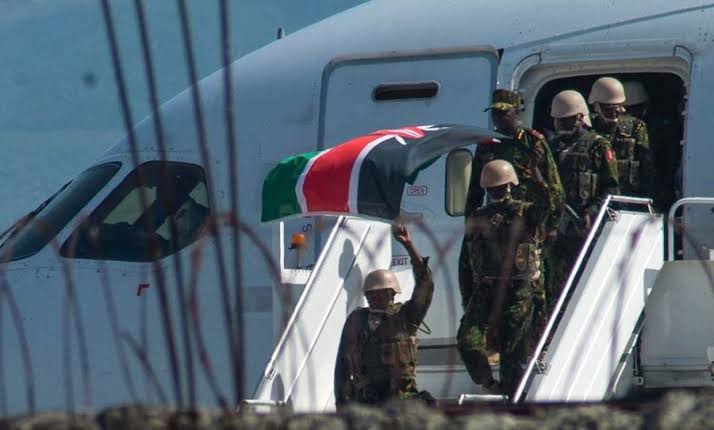Nearly 20 Kenyan police officers deployed in Haiti have tendered their resignations, citing delayed payments and substandard working conditions.
These resignations, submitted between October and November, include at least five senior officers, among them a unit commander who was the first to resign in October.
The officers report that they have not received any response to their resignation letters and continue to serve in the Multinational Security Support (MSS) mission.
They assert that their last payment was in September, despite Inspector General of Police Douglas Kanja’s statement that wages had been paid in full up to the end of October.
Interior Principal Secretary Raymond Omollo clarified that the Kenyan government is not responsible for the payment of these officers, indicating that the United Nations holds that responsibility.
This situation has reportedly led to diminished morale among the officers, potentially impacting their effectiveness in addressing the escalating gang violence in Haiti.
The MSS mission, initiated in June 2024, aims to support the Haitian National Police in combating gang-related violence. Kenya leads this mission, with approximately 400 officers deployed.
However, the mission faces significant challenges, including funding and staffing shortages, which have hindered its progress.
The United States has pledged substantial financial support for the mission, committing $300 million to assist the multinational force, which includes 1,000 Kenyan officers.
Despite this backing, the mission’s conversion to a U.N. peacekeeping force has stalled due to opposition from China and Russia.
Haiti continues to grapple with severe gang violence, with gangs controlling approximately 85% of the capital, Port-au-Prince.
This has led to widespread displacement and a humanitarian crisis, further complicating the mission’s objectives.
The Kenyan officers’ grievances over pay delays and working conditions underscore the broader challenges facing international interventions in Haiti.
Addressing these issues is crucial to maintaining the mission’s integrity and effectiveness in stabilizing the region.


